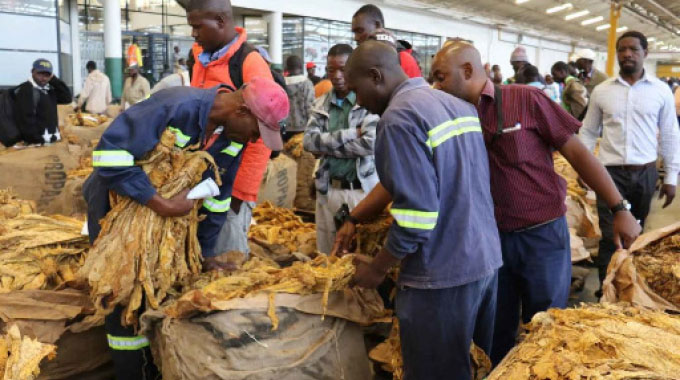‘Apply lime to acidic soils to reverse the condition’

Elton Manguwo
WITH preparations for the 2023/24 summer cropping season already underway, soil experts have reiterated calls for farmers whose soils have tested acidic to start liming their fields as a way of reversing acidity and enhance their chances of a successful summer season.
In an interview yesterday, head of the Chemistry and Soil Research Institute (CRSI), Mr Emmanuel Chikwari said as seasons progress, elements such as rainfall pattern and crop harvesting negatively affect soil alkalinity.
“We encourage farmers, through consultation with their extension officers, to continue correcting acidity as recommended,” said Mr Chikwari highlighting how transitioning from one season to another affected soil alkalinity with the harvesting process causing acidification.
In a study dubbed ‘Blitz Soil Conditioning Programme’ and conducted by the Chemistry and Soil Research Institute, more than 70 percent of the countries soils were found acidic with pH values ranging from 4, 0 to 5, 4.
“The correction of the results obtained is an ongoing process to completely condition our soils for optimum production,” said Mr Chikwari.
The spreading soil acidity is believed to have been caused by rainfall patterns – high rainfall patterns causing leaching of base nutrients such as calcium, magnesium and potassium, which are responsible for increased alkalinity.
“Lime was mobilised through the Presidential input scheme Pfumvudza Intwasa to help farmers access liming materials in those areas were acidity is a problem and we hope this remedial intervention continues until all acidic fields are sweetened to optimise productivity,” said Mr Chikwari.
Farmers are encouraged to check on the pH status of their soils and take action where there is need for liming.
“Soil testing is crucial before the purchase of inputs as it provides an accurate result that gives guidance on how much quantity of fertilisers for a certain projected yield per hectare a farmer ought to buy thereby achieving cost effective input sourcing,” said Mr Chikwari.
Soil testing is pivotal in making the push to achieve sustainable production in the agriculture sector a reality by applying the correct inputs needed by the soil.
“Too much agro-chemicals can affect both the environment and the soil negatively, as excess chemicals can be transferred to the immediate environment hence causing damage to the natural environment,” said Mr Chikwari.
In addition, Mr Chikwari underlined the need for a robust and sufficient soil liming system at a time the Government is moving to address soil acidity that continues to affect production patterns.
“As the Government aims to boost agricultural production, it is important to have the soil in the best condition possible to get better yields,” he said.









Comments